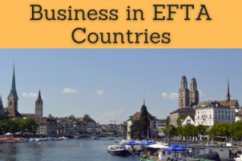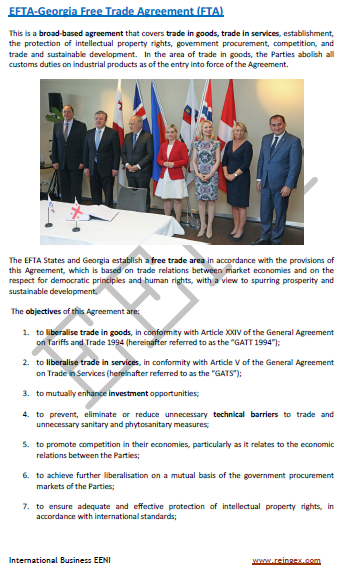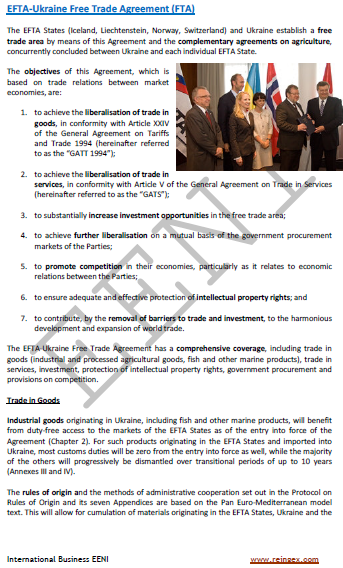Business in Iceland, Reykjavík. Icelandic Economy

Icelandic Foreign Trade. Iceland: market economy, excellent Welfare State
- Introduction to the Republic of Iceland (Europe, EFTA)
- Icelandic Economy
- Business in Reykjavík
- Icelandic International Trade
- Access to the Icelandic Market
- Business Plan for Iceland
The objectives of the subject “International Trade and Business in” Iceland” are the following:
- To analyze the Icelandic Economy and Foreign Trade
- To know the trade opportunities in the Icelandic Market
- To analyze the trade relations of Iceland with the country of the student
- To know the Icelandic Trade Agreements
- To develop a business plan for the Icelandic Market

The Subject “Foreign Trade and Business in Iceland” belongs to the following Online Programs taught by EENI Global Business School:
Masters: International Business, Foreign Trade.
Doctorate: European Business, World Trade.
Languages:  +
+  Islandia
Islandia  Islande
Islande  Islândia.
Islândia.

 Masters adapted to Icelandic Students.
Masters adapted to Icelandic Students.
- Credits of the Subject “Doing Business in Iceland”: 1

- Duration: one week
International Trade and Business in Iceland

Icelandic Preferential Access and Trade Agreements:
- Iceland and the European Economic Area
-
EFTA
- Iceland as a member of the EFTA has trade agreements with Macedonia, Albania, Mexico, Montenegro, Bosnia and Herzegovina, Colombia, Georgia, Peru, Chile, Egypt, Tunisia etc
- UK-Norway-Iceland Agreement
- Iceland-China Agreement
- Iceland-Faroe Islands Free Trade and Economic Integration Agreement
- Council of the Baltic Sea States

- WTO
- GATS
- Agreement on Sanitary Measures
- Agreement on Technical Barriers to Trade
- Agreement on Preshipment Inspection
- Agreement on Safeguards
- Trade Facilitation Agreement
- WCO
- Kyoto Convention
- BIC
- Chicago Convention (ICAO)
- International Maritime Organization
- Istanbul Convention - not a member
- ICC
- CMR Convention
- Customs Convention on Containers - not a member

European Organizations:
- OSCE
- EIB
- EBRD
- Economic Commission for Europe
Global Organizations:
- OECD
- OECD anti-corruption measures
- UN
- WB
- WTO
- IMF
The Republic of Iceland (Europe).
- Official Language of Iceland: Icelandic
- Icelandic Area: 103,000 km²
- Icelandic Population: 323,002 people
- Type of Government: Parliamentary Republic
- Independence of Iceland: 1944 (Norway)
Religion in Iceland: Christianity Protestant Lutheran

Iceland belongs to the European Economic Area.
Icelandic Economy.
- The Republic of Iceland is a market economy with an excellent Welfare State (Universal health care and free higher education)
- Iceland is the smallest economy of the OECD member countries
- Collapse of the financial system in 2008, severe economic crisis
- Icelandic GDP (nominal): 12,133 million dollars
- GDP per capita of Iceland: 37,976 dollars
- Currency: Icelandic króna
- Taxes in Iceland are quite small compared to other OECD countries
- Iceland lacks natural resources but has a lot of hydropower (the first country in the world of electricity per capita produce) and geothermal
- Aluminum casting is also outstanding, with three factories
- State intervention is quite strong, especially in agriculture
- Tourism sector represents 3% of the Icelandic GDP
Sample:

Icelandic Foreign Trade
- Icelandic fishing industry accounts for 40% of its exports
- The main Icelandic exports are fish, marine products, aluminum and ferrosilicon
- Top Icelandic exports destinations are Netherlands (37%), the UK, Spain, Germany
- The main Icelandic imports are machinery and equipment, petroleum products, food products, textiles
- The main suppliers of Iceland are Norway (16%), the U.S., Germany, China, Brazil, Denmark
Sample:
(c) EENI Global Business School (1995-2024)
We do not use cookies
Top of this page



